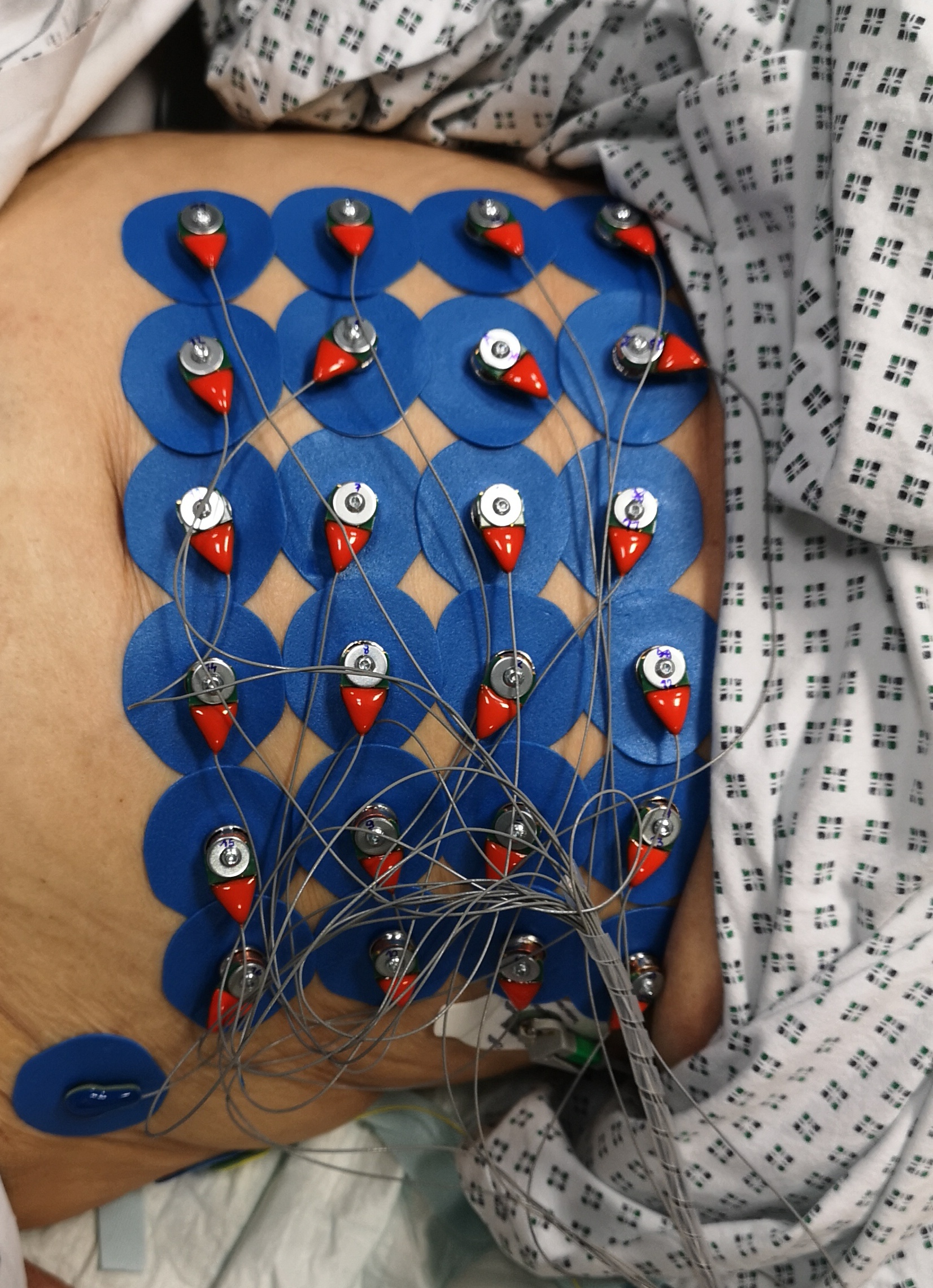News detail
Scientists have made a unique measurement of the digestive tract
Experts from the Faculty of Electrical Engineering and Computer Science of VSB-TUO are collaborating on the research with the University of Ostrava and the University Hospital Ostrava within the LERCO project.
The project focuses on two groups of patients. The first group consists of unconscious patients in intensive care units who receive nutrition orally in the form of mushy food or solutions. However, some of these patients experience complications because they do not digest the nutrition, which is often only detected after several hours.
"We have now started measuring digestive symptoms in the first patients. Using a special probe, we measure the electrical activity inside the stomach and at the same time, using electrodes, we also monitor the activity on the surface of the abdomen. In the future, this could result in a methodology that allows non-invasive monitoring of digestion using only electrodes on the skin. This would help doctors to adjust their diet in time and better understand why nutrition is not working as it should," explains Professor Marek Penhaker from the Faculty of Electrical Engineering and Computer Science.
The second key group is patients with obesity who attend diabetes outpatient clinics. "Although patients record their food intake data, this is often inaccurate. They forget to record all the data or deliberately fail to enter some information. We are trying to make the whole process simpler and more accurate. Using electrodes placed on the abdomen, we'll continuously record stomach activity. Doctors can then use this information to monitor food intake without the patient having to keep detailed records," adds Marek Penhaker.
This innovative approach could bring a major shift in patient care and make the work of medical staff easier. In the future, monitoring digestion patterns could become a routine part of care, just like ECG or respiratory monitoring.
The research is part of LERCO's prestigious scientific research project, which brings together medicine and technology to bring new possibilities in the diagnosis and treatment of disease.
